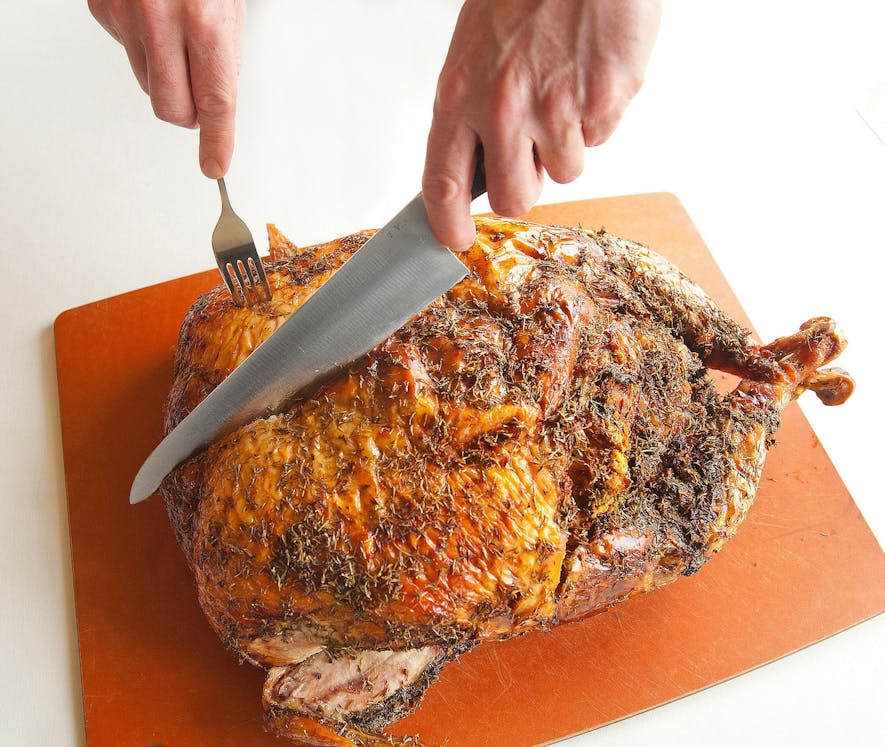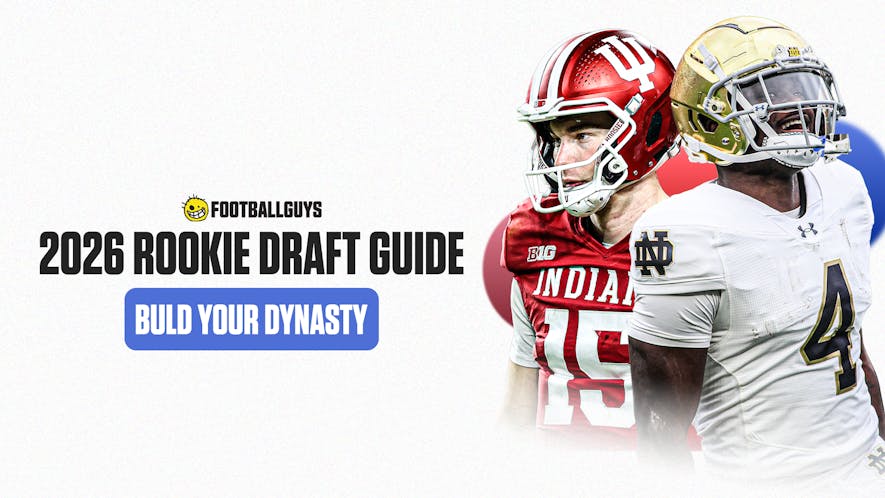A good sports betting column should be backed by a profitable gambler with a proven track record. It should offer picks generated by a sophisticated and conceptually sound model. Most importantly, it should treat the subject with the seriousness it warrants.
This is not that column.
Instead, this will be an offbeat look at the sports betting industry-- why Vegas keeps winning, why gambling advice is almost certainly not worth the money, and the structural reasons why even if a bettor were profitable, anything they wrote would be unlikely to make their readers net profitable, too.
While we're at it, we'll discuss ways to minimize Vegas' edge and make recreational betting more fun, explain how to gain an advantage in your office pick pools, preview games through an offbeat lens (with picks guaranteed to be no worse than chance), and touch on various other Odds and Ends along the way.
Checking In on That Bankroll
Thanksgiving is my favorite holiday in large part because it encourages us to stop and take stock of our lives. For adults, at least, most holidays are about others—the joy of giving, remembering, and honoring the past—and Thanksgiving certainly has elements of that as well, with the focus on the families we were born into and the families we made. But it also encourages a level of reflection as we grapple with what we are grateful for.
I'm grateful for a family that supports me. I'm grateful for an employer who encourages me. I'm grateful to have found—against all possible odds—an audience of weirdos and misfits who are interested in reading what I'm interested in writing. And I'm grateful to live in a country that gives me the freedom to make my own informed choices about how to spend my time and money.
But those choices come at a cost. I've been saying all year that gambling can be a good way to add excitement to football. You're not likely to be profitable at gambling, but then again, I've never turned a profit at Netflix, either, and I still don't regret paying for it. In matters of entertainment, "profitability" is rarely the point.
With that said, it's important to know the true costs of what we're buying. I may not make money at Netflix, but I lose a predictable amount every month. This makes it trivially easy for me to decide if the benefit I receive is worth the cost. Gambling doesn't work like this; our true costs are often obscured, and we'll experience periods where our costs actually go negative (meaning we make money). This is... actually kind of a bad thing.
Every compulsive gambler can tell you about hot streaks where they were way, way up. The reason they keep gambling is that they know it's possible. If everyone just lost 10% of their wagers every week like clockwork, you wouldn't get people going bankrupt and ruining their lives because of a gambling addiction.
As the season draws to a close, I'd recommend looking back and tracking how much money you actually wagered and how much you are really up or down. If you're up, that's awesome, and congratulations. I'd caution against reading too much into it-- our pseudo-random number generator spends much of its life in the black, too.
If you're down... I'm sorry, though, again, I'd caution reading too much into it. If you're picking against the spread, the long-run expectation is you will likely hover around 50% and lose about 4.5% of your total amount wagered to the vig.
But however you're doing, it's good to know and take stock. Certain products are restricted because they're potentially dangerous. As a society, we have decided that they will only be available to people we believe are capable of making responsible choices about them. We don't sell guns, alcohol, or cigarettes to children. We don't let children drive or get married. And we don't let children to gamble, either.
This isn't to say that guns, alcohol, cigarettes, driving, marriage, or gambling are necessarily bad. I'm not interested in moralizing; in fact, I happen to regularly take advantage of three vices on that list. I'm just saying it's good to make informed decisions. To do that, we need to know the true costs of the choices we make. Even if we're going to make the choices anyway.
If you find your gambling is starting to become problematic -- if you're losing more than you can afford or finding it difficult to set and maintain limits -- there are resources available to help, starting with the National Council on Problem Gambling.


